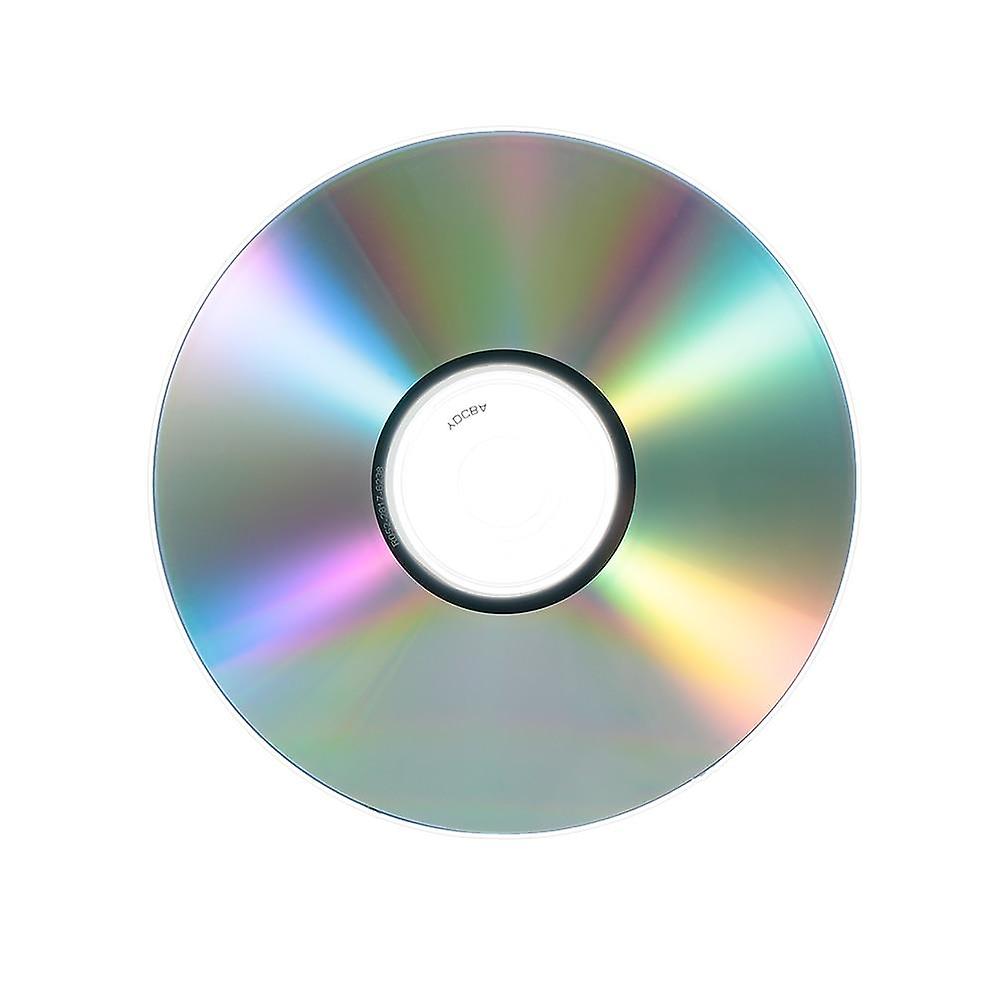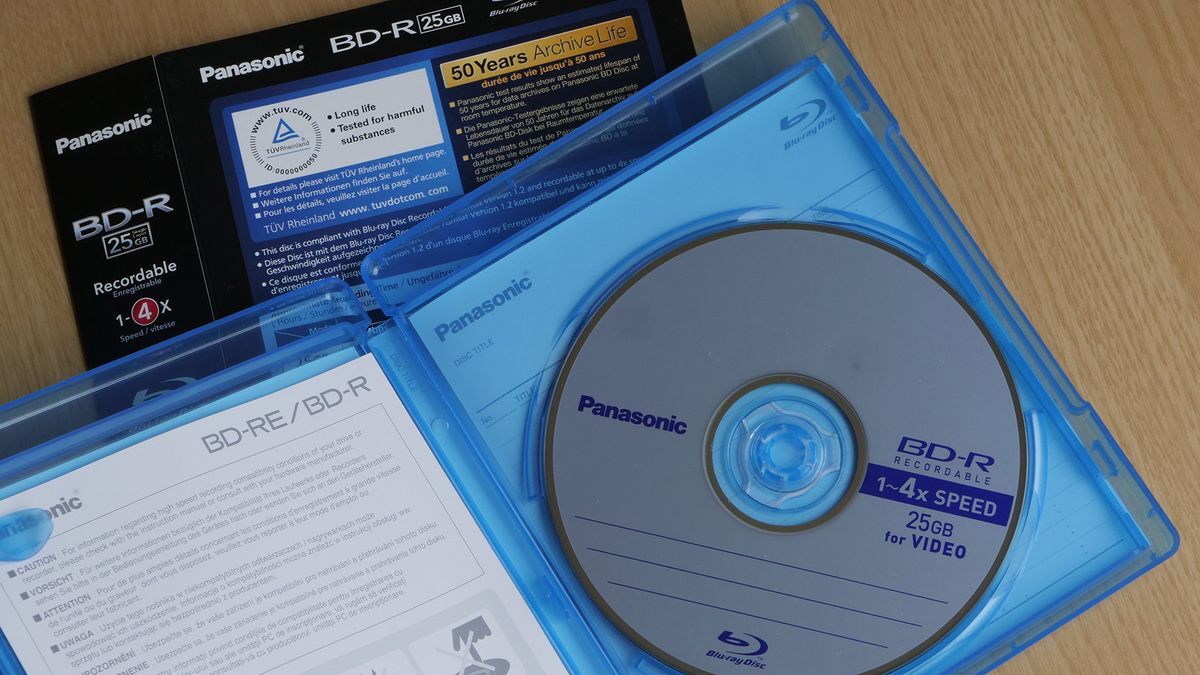I’m really rather cross that Panasonic has killed off the recordable Blu-ray disc, at least as far as its own production is concerned. They stopped making them in February, citing falling demand for the discs, which they’d started producing back in 2006.
You might be surprised that I’m feeling angry about the demise of what might seem old, clunky and increasingly irrelevant technology. Optical discs have never been particularly convenient. Steve Jobs famously described Blu-ray, the third generation of the technology after CD and DVD, as “a bag of hurt”, mainly thanks to the complex licensing involved. Today we have the cloud and streaming media available anytime, anywhere in the very highest definition. Surely the technology’s ripe for retirement anyway.
The problem is that, despite their drawbacks, Blu-ray discs are still very good at a number of tasks for which there’s no real replacement, and if one of the long term champions of the technology is starting to give up on it, things aren’t looking bright for its future.
…
Other digital purchases may cease to exist when servers are taken offline or licensing agreements lapse. Sony for example announced in 2022 that hundreds of movie titles people purchased through the PlayStation store would no longer be accessible for licensing reasons.
You’ll have no such worries with a Blu-ray, making it practically the only way for movie enthusiasts to collect films in HD that won’t go missing or become incomplete overnight. Blu-ray could stay as a valuable and vibrant niche, like vinyl.
Several, “fourth generation” higher definition, higher capacity optical disc replacements have been announced but none has reached production (except for Sony’s archival cartridge system – see below) and none seem likely to. The Holographic Versatile Disc, for example, was touted to offer 6TB of capacity per disc but development fizzled out in the early 2010s.
…
My feeling of loss at the demise of BD-R doesn’t start and end with video. Perhaps even more importantly, it’s also a very useful backup medium for the home. BD-R discs can have an estimated 50 year life and they’re a great way of safely keeping reasonably large amounts of data that would be too expensive to store in the cloud or for which you’d like an additional non-cloud backup – priceless family photo collections or home videos for example.
Capacities range from 25GB to 100GB per disc. Compared to alternatives like regular hard drives, which are almost guaranteed to fail, SSDs that may lose their charge, and RAID drives which, while better, are also prone to catastrophic failure, Blu-rays can be very reassuring.
…
Meanwhile I think we should look to laser-etched silica glass as a Blu-ray replacement. 5D Optical discs developed by researchers at the University of Southampton offer fast and efficient optical storage that’s 10,000 times denser than Blu-ray and with the prospect of millions of years of life, all on attractive glass discs that hold up to 500TB of data. And discs could potentially be very small. We could send off our archives to be copied onto tiny jewels, or buy films we wanted to keep on them too. How useful, and delightful!
deleted by creator
This is sad news if it’s the start of a trend with other manufacturers
I think the concern is that Panasonic are one of the few big names left in the Blu-ray field, so where they go, others follow. That may leave unknown Chinese manufacturers in the game and you are rolling the dice on quality there.
Holographic and crystal storage sound suitably sci-fi and they may stay there.



